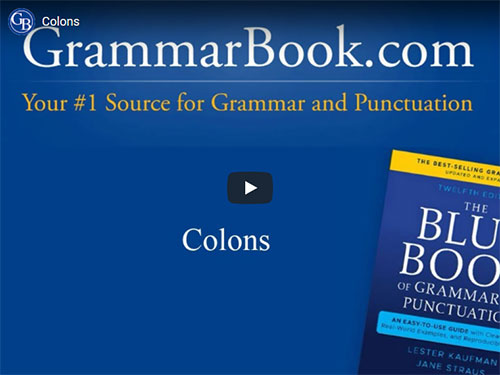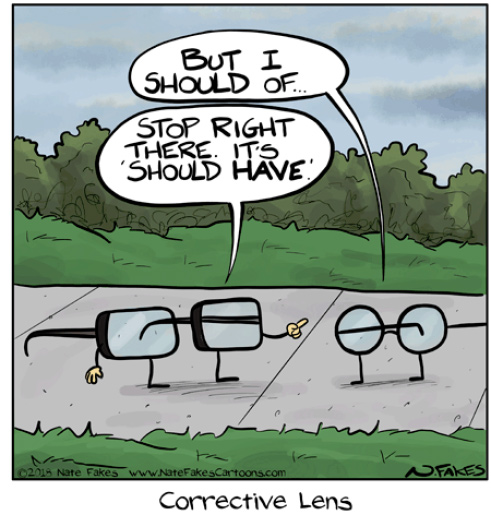|
Declarative Sentences: Usage and Examples
|
|
The English language includes four types of sentences: declarative, interrogative, exclamatory, and imperative. This discussion will focus on declarative sentences.
What Is a Declarative Sentence?
Where the other sentence types present questions (interrogative), exclamations (exclamatory), or commands (imperative), declarative sentences convey information as facts, thoughts, or opinions—i.e., they "declare" something.
Note the differences among the sentence forms:
Interrogative: Do you run?
Exclamatory: You are running!
Imperative: Run!
Declarative: You run. |
As you can see, if a sentence asks a question, imparts a strong expression or emotion, or issues a command, it is not declarative.
Declarative sentences are the most common sentence form in English. They likely make up the majority of what you write each day.
How Do You Form a Declarative Sentence?
All a sentence needs to be declarative is a subject and a verb (he sings). These two elements alone constitute an independent clause, one that can stand alone without requiring anything else to complete it.
Declarative sentences might often have a linear progress that follows the word order subject > verb > object > place > time according to the information the writer wishes to convey. Declarative sentences also always end with a period (as opposed to a question mark or an exclamation point).
Let's look at a series of declarative sentences that begin with a basic subject and verb and then continue adding elements.
He sings. (subject > verb)
He sings pop songs. (subject > verb > object)
He sings pop songs at the local tavern. (subject > verb > object > place)
He sings pop songs at the local tavern on weekends. (subject > verb > object > place > time) |
Declarative sentences can be simple, compound, complex, or compound-complex.
Simple: one independent clause
He sings pop songs at the local tavern.
Compound: two or more independent clauses
He sings pop songs at the local tavern, and he also sings in the choir at church.
Complex: one independent clause and at least one dependent clause
Because he loves to perform, he sings pop songs at the local tavern.
Compound-complex: two or more independent clauses and at least one dependent clause
Because he loves to perform, he sings pop songs at the local tavern, and he also sings in the choir at church.
|
What Are Other Examples of Declarative Sentences?
A declarative sentence can contain a direct question:
"Who is that amazing singer?" Eshima asked.
Eshima asked, "Who is that amazing singer?" (The question mark is part of the quotation as opposed to the close of the declarative statement.)
Eshima paused—who was that amazing singer?—while she was talking to me. |
A declarative sentence might express an indirect question as well:
| I wonder if he will sing my favorite song by Bananarama. |
The sentence includes a question, but it is not direct because it is stated in a declarative way. To make it a direct question (i.e., an interrogative sentence), we would start the sentence with the verb: Will he sing my favorite song by Bananarama?
|
View and comment on this
article on our website.
|
|
|

|
Pop Quiz
Identify each sentence as either declarative or not declarative.
1. How did Charles make that hang glider?
2. Bring that bucket with you.
3. The weather should be pleasant tomorrow.
4. Man, am I tired!
5. This stereo system is much better than the one you have.
|
 |
The Blue Book of Grammar and Punctuation
by Lester Kaufman and Jane Straus |
The Authority on English Grammar! Twelfth Edition Now Available
An indispensable tool for busy professionals, teachers, students, homeschool families, editors, writers, and proofreaders.
Available in print AND as an e-Book! Over 2,000 copies are purchased every month!
To order the book, simply click the link to order the book from the GrammarBook.com website.
|
Free BONUS Quiz for You!
[[firstname]], because you are a subscriber to the newsletter, you get access to one of the Subscribers-Only Quizzes. Click here to take a Hyphens Between Words Quiz and get your scores and explanations instantly!
We will be adding many more quizzes this year to our already substantial list of them. If you have suggestions for topics we have not yet covered, please send us a message at help@grammarbook.com.
|
Hundreds of Additional Quizzes
at Your Fingertips
Subscribe now to receive hundreds of additional English usage quizzes not found anywhere else!
Teachers and Employers
Save hours of valuable time! You may assign quizzes to your students and employees and have their scores tallied, organized, and reported to you! Let GrammarBook.com take the hassle out of teaching English!
"Fun to test my skills."
"The explanations really help ... thanks!"
"I can select the quizzes to assign to my students, and then the results are reported to me automatically!"
99¢
QUIZZES
|
Don't need all the quizzes?
You can now purchase the same quizzes individually for ONLY 99¢ each.
Purchase yours here.
|
If you think you have found an error in a quiz, please email us at help@grammarbook.com
|
Wordplay

Pop Quiz Answers
1. How did Charles make that hang glider? not declarative
2. Bring that bucket with you. not declarative
3. The weather should be pleasant tomorrow. declarative
4. Man, am I tired! not declarative
5. This stereo system is much better than the one you have. declarative
|
 |
English In A Snap:
68 One-Minute English Usage Videos FREE |
Learn all about who and whom, affect and effect, subjects and verbs, adjectives and adverbs, commas, semicolons, quotation marks, and much more by just sitting back and enjoying these easy-to-follow lessons. Share them with your colleagues (and boss), children, teachers, and friends as well! Click here to watch.
|
|





